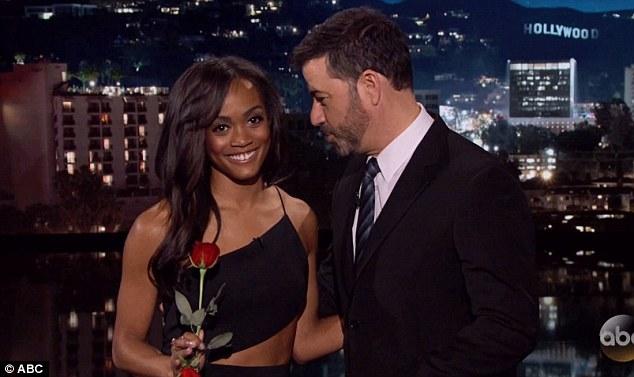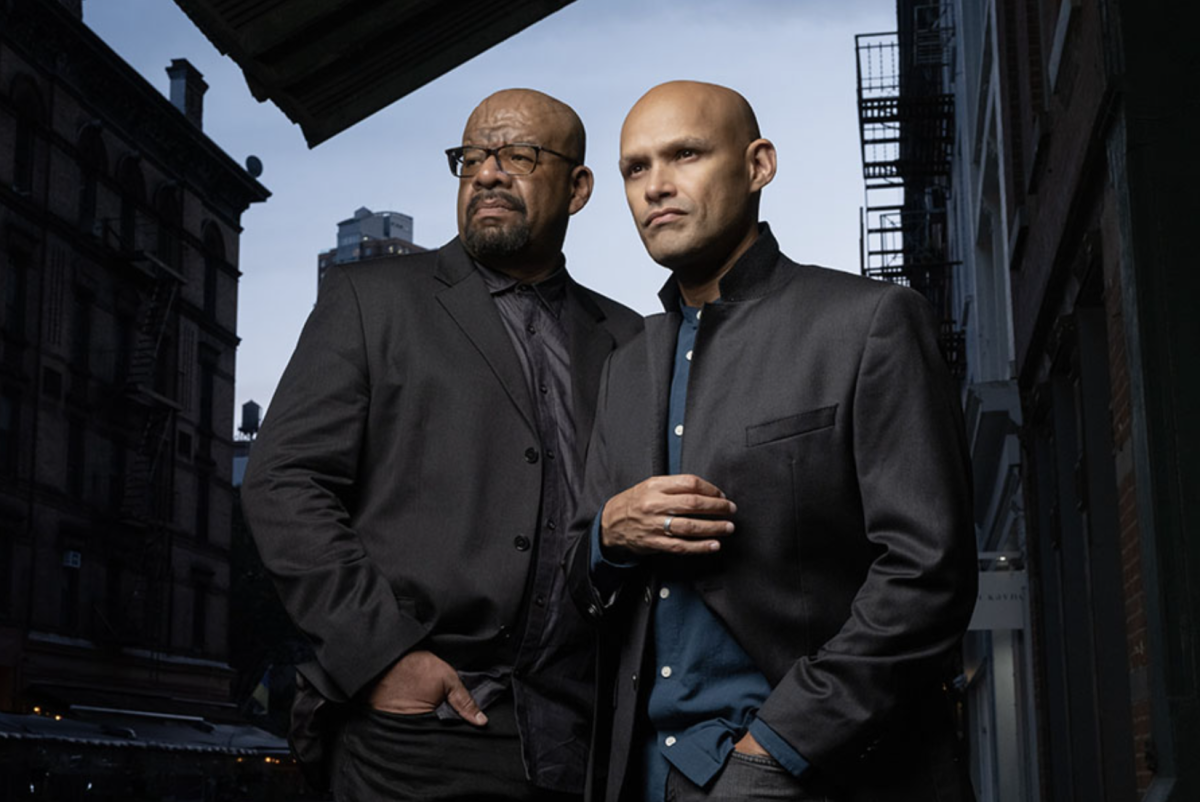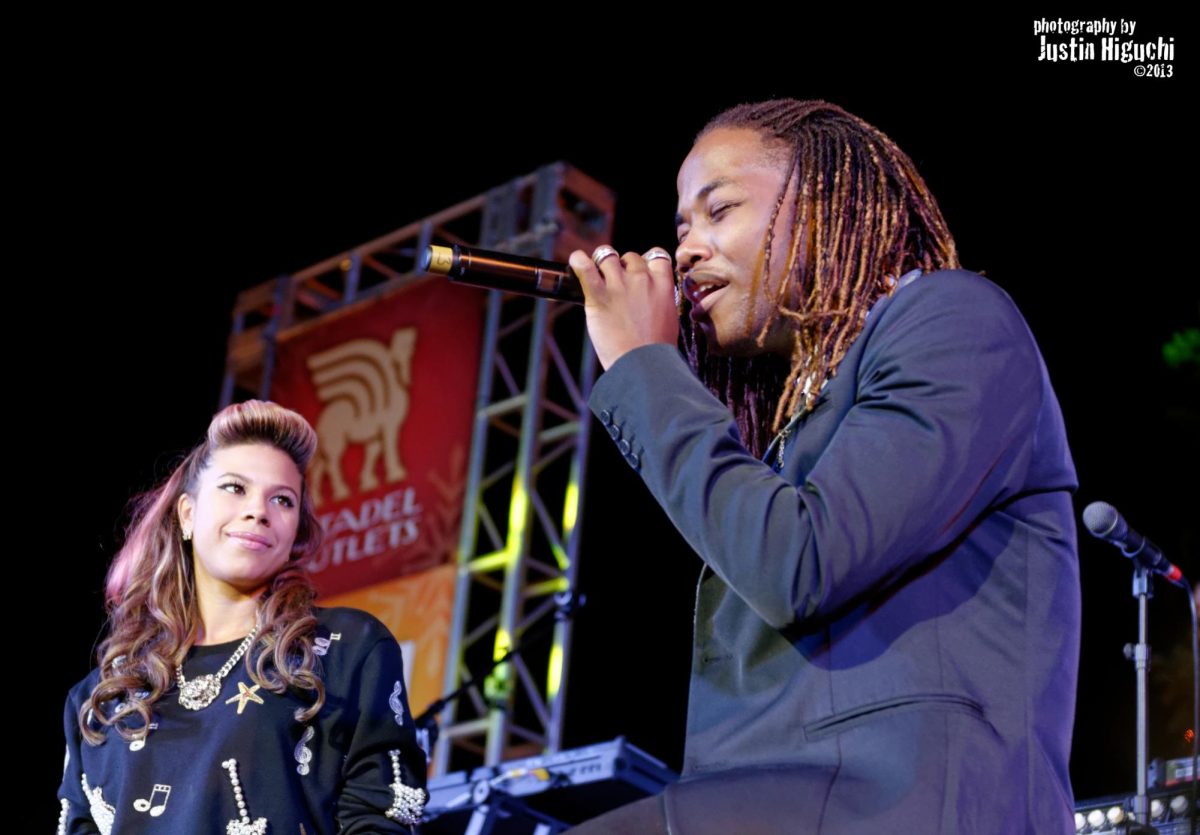There is a Black Bachelorette and I am thrilled. Rachel Lindsay is a 31-year-old lawyer from Dallas who specializes in insurance law. Aside from that, in typical Bachelorette style, she is gorgeous with a radiant smile and a tasteful fashion sense. She is clearly a fan favorite and a favorite in the house. She calmly and maturely addresses the concerns of the other contestants and connected with the Bachelor Nick Viall on a deep level. She is the total package and seems exactly like the kind of woman one would be willing to compete on a reality TV show for. In her statement, Lindsay said, “I’m happy to represent myself as a black woman in front of America and I’m happy for America to rally behind me and see what it’s like for me to be on this journey to find love.”
That being said, let’s address the elephant in the room. Rachel will have to go above and beyond to be the Bachelorette America wants. Black contestants often have to meet a ridiculously high standard it comes to their performance on the show. Before we applaud ABC for their diversity in casting, we first have to address that it took them 16 years and 33 seasons to cast a Black person as their lead.
Though ABC’s most popular shows are run by a Black woman, Shonda Rhimes, it took them an incredibly long time to cast a Black Bachelorette. There was one other person of color lead in the franchise, Juan Pablo Galavis, who was Hispanic. However, he was not the pillar of diversity audiences hoped for when he revealed his homophobia as he told a reporter that a gay bachelor would be more perverted and a bad example for children. This is a key example of how pushes for diversity need to be intersectional. If your victory comes with a dash of homophobia, it is not a victory.
In the 33 seasons of the franchise, only 43 of the contestants have been Black which equates to 4.3 percent of all contestants. In addition to the fact that they are woefully underrepresented, of the Black contestants who do get cast, 56 percent get sent home in the first two weeks. Since the next Bachelor and Bachelorette are usually chosen from the last remaining contestants, there were very few opportunities for a Black lead. However, that seems like an excuse from a show that is content to coast on its white-washed leads who thrive off of antiquated gender roles. I am thrilled for Rachel Lindsay, but I am not proud of ABC. I refuse to give rewards to a company just for doing the right thing. I’m excited because the next season of the Bachelorette is an opportunity to celebrate black womanhood.
The media does not represent Black women as feminine and deserving of love. The celebration of Black femininity comes from Black women themselves. Beyonce’s last two albums were about her struggles with infidelity, motherhood and criticism from mainstream media. At the same time, they were depictions of her as a sexy, loving woman who worked through her struggles. Shonda Rhimes gives her women of color dimension by making it clear that her characters are not there to be tokens. Annalise Keating, from drama series “How to Get Away with Murder,” is Black, bisexual and a powerful lawyer but also highly flawed and manipulative. Miranda Bailey, from her other drama series “Grey’s Anatomy,” is the best doctor in the hospital but is still a loving mother and wife. As the center of the show, it is my hope that Rachel Lindsay is another break out from the mold that the American media often put women of color in.
The Bachelor often bills itself as the epitome of romance. The dates are described as magical and fairytale-like. In our thoughts of fairy tales we often harken back to Disney movies which features a beautiful white woman finding love with a handsome white man. However, it is incredibly important to me that in our modern version of a fairy tale, a Black woman is at the center. She is every bit as desirable and wanted as the blonde women who came before her.
Another question presiding over enthusiasm for Lindsay is about the casting of her season. Are we going to see a diverse cast of men, or will we see the white-washed cast we usually see? Because the lead of the Bachelor is usually picked from the cast of the previous season of the franchise, we might be in for 33 seasons of diversity, a welcome change.





